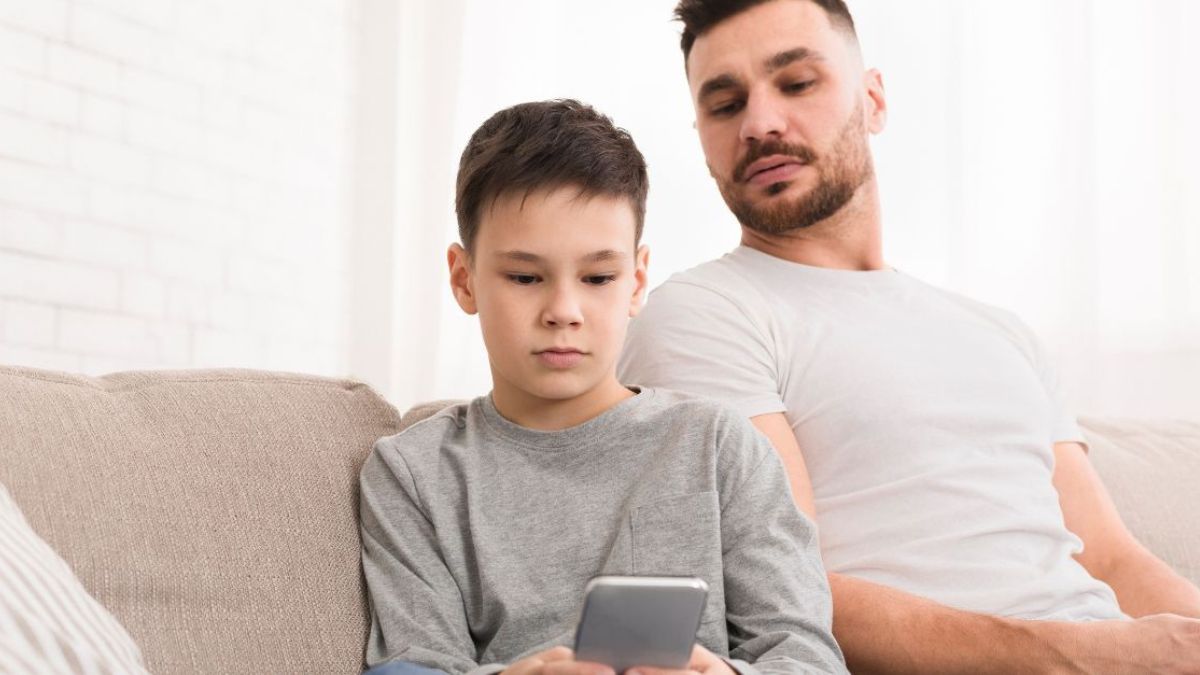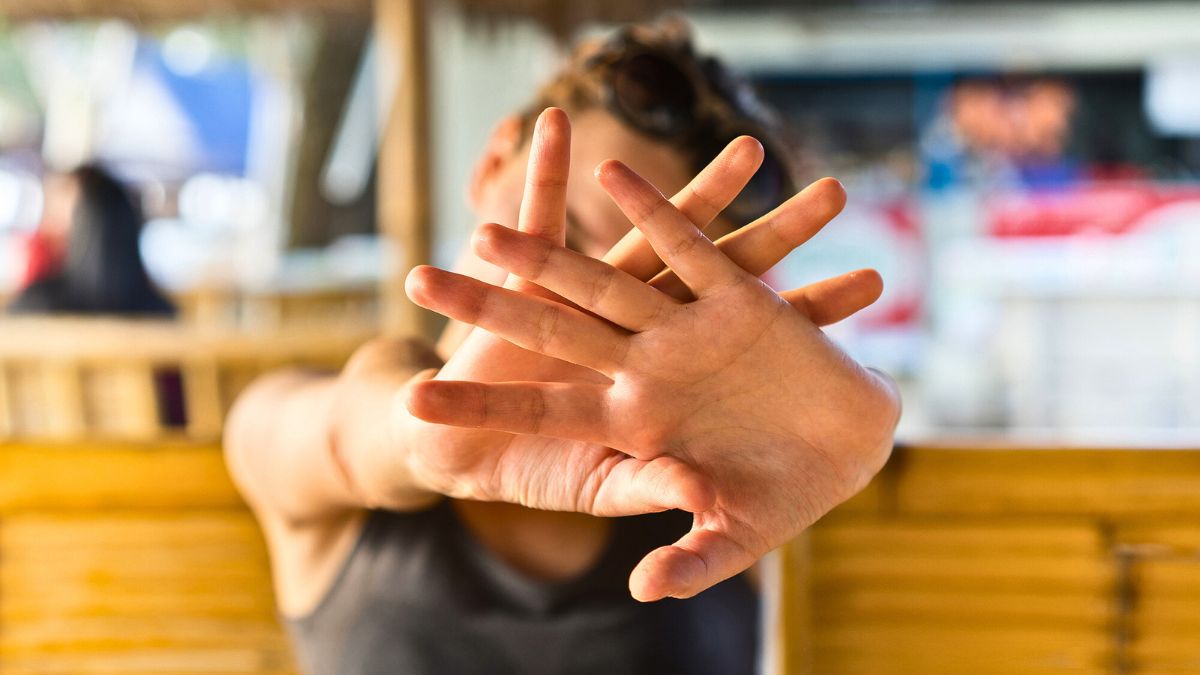Parenting styles and lessons can vary across cultures, regions, and individual households. Often, parents instill values and messages that, when reflected upon, seem odd, unusual, or even grounded in superstition.
Let’s explore the weirdest things our parents taught us.
1. What Will the Neighbors Think?

Did anyone else grow up afraid of what the neighbors might say? While your parents probably meant well, this constant worry about others’ judgment can totally mess with your ability to be yourself.
Building confidence and living by your values is key to living freely.
2. It’s Okay to Badmouth Other Families

Ever hear your parents trash-talk other families? Gossip might seem harmless, but talking negatively about others can make it difficult to build empathy and compassion. Open communication and celebrating differences are the real recipe for strong relationships.
3. If You Keep Making That Face, It’ll Stay Like That

Parents used to tell us that if we made strange faces, our faces would stay like that forever. Newsflash: goofy facial expressions won’t leave you frozen. There’s no need to worry about getting stuck with a new “resting face.”
4. They “Have Eyes on the Back of Their Head”

Ah, the classic “I have eyes on the back of my head” guilt trip. It might have disciplined us back then, but fostering trust and healthy communication is way more effective for raising responsible kids.
5. Don’t Go to Bed With Wet Hair

Did you believe that sleeping with wet hair will make you sick? Science doesn’t back this one up. Damp hair might not be the best for your pillow, but you won’t catch a cold from it. Dry it a bit if you want, but sleep soundly knowing this fear can be put to rest.
6. Cracking Your Knuckles Will Cause Arthritis

Knuckle cracking = arthritis? Not quite. It’s time to debunk this myth—while it might be noisy, there’s no scientific link to arthritis. Maybe our parents should have taught us real ways to take care of our joints, like stretching and exercise.
7. All the Nutrients in Bread Are in the Crust

Though scientifically inaccurate, your parents might have convinced you that the bread’s crust has all the nutrients. While this saying might have gotten us to finish our sandwiches, it is false.
8. Save All Your Receipts

Collecting every receipt can teach financial responsibility, but it can also make you see money as scarce—like there’s never enough. Let’s be real, most receipts end up in a forgotten drawer.
As you’ve probably learned in adulthood, financial habits such as budgeting and distinguishing between needs and wants are more important in the long run.
9. Daughters Need to Help Their Parents

Daughters are the only ones that need to clean up and help in the household? This belief is seriously out of touch. Some cultures still push this idea, but it’s time to break free from these old-fashioned expectations. Happy families are built on mutual respect, not outdated roles.
10. Having Boundaries Is Bad

“Boundaries are bad”? Not true. Dismissing the need for respect for yourself and others can be harmful. Setting reasonable limits and establishing boundaries is great for our emotional and mental well-being.
11. You Don’t Deserve Respect if You’re Unemployed

Believing that unemployed people don’t deserve respect ties personal value to a paycheck. It promotes the harmful idea that money is the only thing that defines a person. We should show kindness to everyone, no matter their situation.
12. Don’t Work A Job Unless You’re Gonna Do It Perfectly

Pressuring yourself to be perfect all the time isn’t fun. While there’s nothing wrong with parents encouraging kids to be diligent, it’s unrealistic to do every task flawlessly.
Instead, let’s focus on improvement, learning from mistakes, and doing our best.
13. You Don’t Have to Thank People For Doing Their Jobs

Your parents might not see the need to thank workers for doing what they’re expected to do, but you can choose to spread positivity instead. Saying “thank you” shows appreciation, makes people happy, and builds strong connections.
14. If You Laugh Today, You’ll Cry Tomorrow

Perhaps your parents used to say, “If you laugh today, you’ll cry tomorrow.” Whether to teach us that emotions are unpredictable or caution against too much optimism, this saying implies that being cheerful is bad. As long as you healthily express your emotions, you don’t have to let the happiness police get you down.
15. Life Is Unfair, Get Used To It

Life can sometimes be unfair, but that doesn’t mean we should only expect the worst outcomes. Our parents probably wanted to prepare us for harsh realities, but we shouldn’t forget about the good stuff to look forward to. Remember, life isn’t all doom and gloom.
10 Things People Learned Way Too Late In Life

I recently scrolled the internet’s front page when I saw this question, “What’s something you learned “embarrassingly late” in life?” Here are the top-voted responses.
Mary G. is a versatile writer who fell in love with the written word at a young age. Mary’s educational background includes studying nursing and veterinary medicine, evidencing her passion for animals and every living creature. Choosing to pursue a career in writing, she commits to the profession while simultaneously caring for her vibrant household, composed of 21 cats and 5 dogs.
Mary’s love for reading has only enriched her writing skills, as she delves into various subjects and genres with diligence. Enjoying the flexibility of working from home, she comfortably engages with her family of pets and continues to polish her literary prowess. With years of experience under her belt, Mary has written for almost every niche, becoming a well-rounded and exceptional writer in the process.

